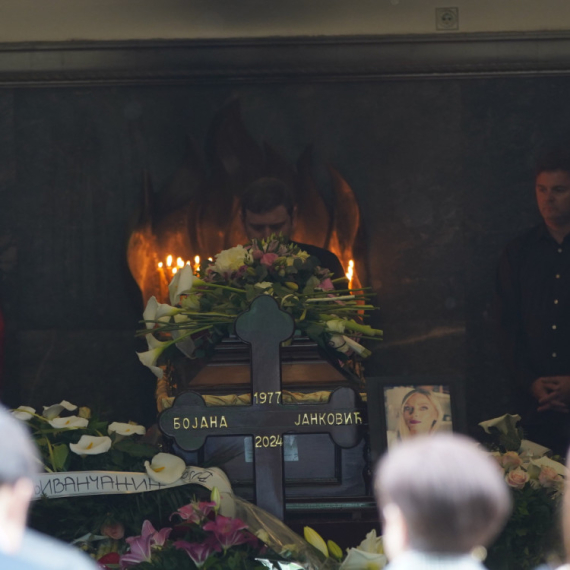Anniversary of Nazi German attack on Yugoslavia
On this day 68 years ago, Nazi German air force bombed Belgrade, starting the WW2 invasion of the Kingdom of Yugoslavia.
Monday, 06.04.2009.
11:42

On this day 68 years ago, Nazi German air force bombed Belgrade, starting the WW2 invasion of the Kingdom of Yugoslavia. The attacks came after the country stepped out of a pact it briefly had with the Axis powers. Anniversary of Nazi German attack on Yugoslavia The signing of the pact sparked mass protests on March 27, 1941, and led to a coup that deposed Prince-Regent Pavle Karadjordjevic. The air assault operation against Belgrade – a city which was declared open and undefended – was dubbed "Judgment Day" by the Nazis. The attacks started at 06:30 CET, without a previous declaration of war. Several hundred airplanes took part, with Germans and their allies using Austrian, Romanian and Hungarian aircraft. More bombardment followed on April 7, 11 and 12, 1941. The death toll was at least 2,274 people, with estimates going as high as 4,000, due to the fact that many bodies were left under the rubble of the destroyed buildings. Several thousand homes and the National Library, housing some books and documents of high value, were also destroyed. The Yugoslav Royal Air Force pilots managed to down some 40 enemy aircraft in a battle where they were vastly outnumbered. 11 pilots lost their lives in dogfights, while a large number of others, along with mechanics and soldiers, died on the ground. The crews destroyed airplanes that were not hit by Germans in order to prevent them from falling into the Nazi hands as they invaded. According to historical data, German Field Marshal Ewald von Kleist told a court after the end of the Second World War that the April 6, 1941 bombing of Belgrade had "political and terrorist, rather than military character". "That aerial bombardment was a matter of Hitler's vanity, his personal vendetta," Kleist was recorded to have said.
Anniversary of Nazi German attack on Yugoslavia
The signing of the pact sparked mass protests on March 27, 1941, and led to a coup that deposed Prince-Regent Pavle Karađorđević.The air assault operation against Belgrade – a city which was declared open and undefended – was dubbed "Judgment Day" by the Nazis.
The attacks started at 06:30 CET, without a previous declaration of war. Several hundred airplanes took part, with Germans and their allies using Austrian, Romanian and Hungarian aircraft.
More bombardment followed on April 7, 11 and 12, 1941.
The death toll was at least 2,274 people, with estimates going as high as 4,000, due to the fact that many bodies were left under the rubble of the destroyed buildings.
Several thousand homes and the National Library, housing some books and documents of high value, were also destroyed.
The Yugoslav Royal Air Force pilots managed to down some 40 enemy aircraft in a battle where they were vastly outnumbered.
11 pilots lost their lives in dogfights, while a large number of others, along with mechanics and soldiers, died on the ground.
The crews destroyed airplanes that were not hit by Germans in order to prevent them from falling into the Nazi hands as they invaded.
According to historical data, German Field Marshal Ewald von Kleist told a court after the end of the Second World War that the April 6, 1941 bombing of Belgrade had "political and terrorist, rather than military character".
"That aerial bombardment was a matter of Hitler's vanity, his personal vendetta," Kleist was recorded to have said.

















































Komentari 10
Pogledaj komentare